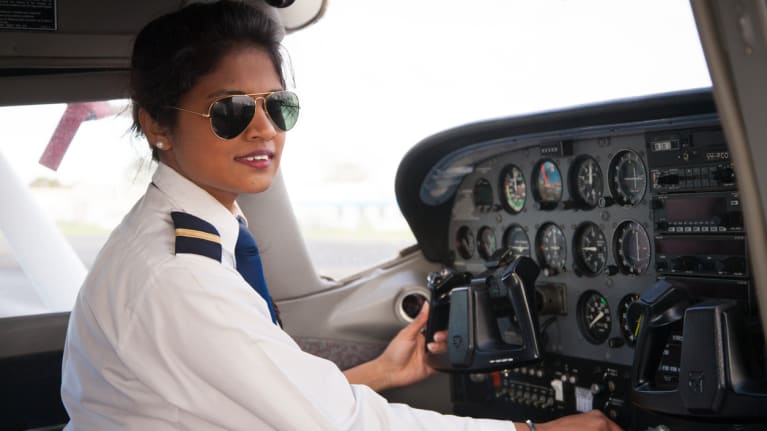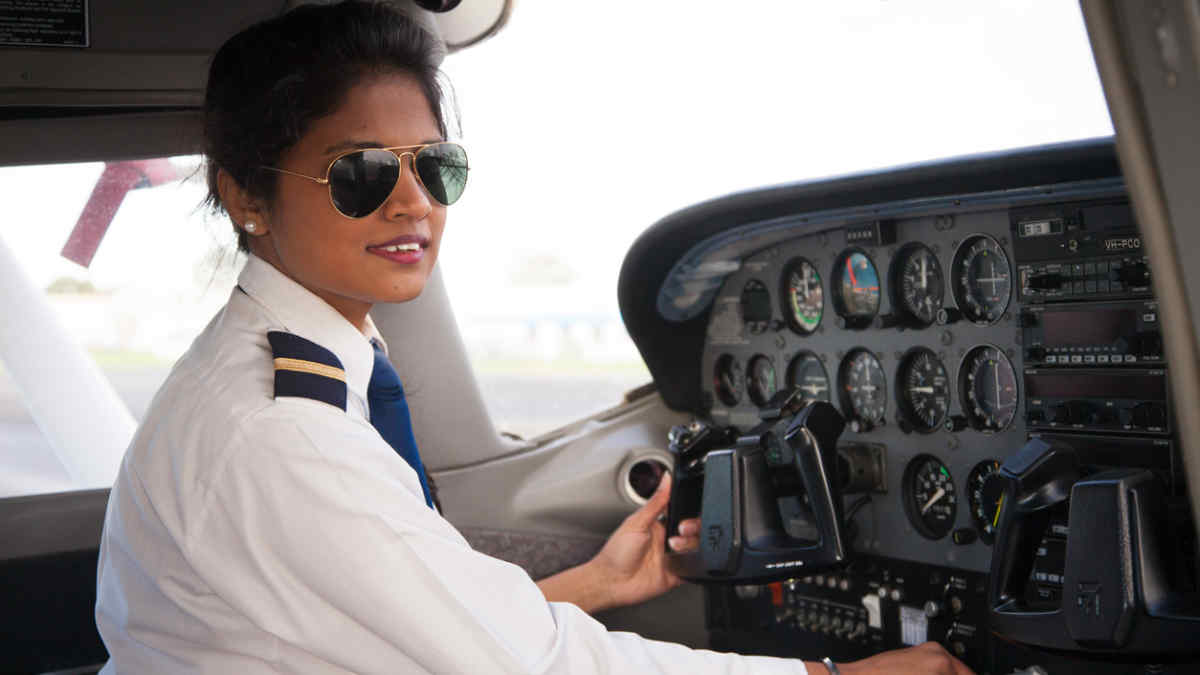

?Takeaway: Employers must promptly find a position for returning military service members under the Uniformed Services Employment and Reemployment Rights Act (USERRA) and not wait for the employee to request an appropriate position. An employer faces liability for any delay in re-employing an employee who returns from military service. Yet employers can act quickly to limit the scope and amount of any liability, as American Airlines did in this case.
?The plaintiff was a pilot for American Airlines operating out of La Guardia Airport in Queens, N.Y. He served in the military from June 2013 to August 2015. During that tour, the plaintiff was diagnosed with a heart condition and, upon his return, experienced delays obtaining the necessary Federal Aviation Administration (FAA) medical certification to return to his pilot position.
Upon initial review at the beginning of September 2015, American Airlines acknowledged that the plaintiff met USERRA’s conditions for re-employment but also believed that it either needed to find another position for him or allow him to use military convalescence leave until he could receive FAA clearance to fly. American Airlines requested that the plaintiff advise them of a time to discuss re-employment options, but the plaintiff did not immediately respond.
On Oct. 1, 2015, the plaintiff’s lawyer requested re-employment and suggested four alternate, nonpilot positions, including three with American Airlines’ Flight Department in Fort Worth, Texas. On Oct. 22, 2015, American Airlines offered to either extend the plaintiff’s military leave until he obtained his FAA First Class Medical certificate to fly again, or to re-employ him in the Flight Technical Operations Group at the Flight Academy in Dallas-Fort Worth, in a position appropriate for his status.
The plaintiff declined both options but served several more terms of military duty during the following months. He later reconsidered and ultimately agreed to accept the American Airlines position in Fort Worth with a start date of Jan. 25, 2016. However, on Jan. 25, the FAA finally granted his medical certificate, and American Airlines reinstated him as a pilot the next day. He went through pilot training and received full pay as an American Airlines employee.
The plaintiff then sued American Airlines under USERRA, claiming that the airlines violated the statute with its delay in re-employing him. The plaintiff moved for summary judgment seeking USERRA damages for American Airlines’ failure to rehire him promptly in September.
American Airlines also moved for summary judgment to have the plaintiff’s claims dismissed. The district court granted both summary judgment motions in part. The court found that American Airlines should have rehired the plaintiff on Sept. 1 but denied the plaintiff any ability to recover liquidated damages under USERRA because there was no evidence of bad faith by the airline. The district court also found that American Airlines’ liability for the delay in re-employment ended on Oct. 22 because the training position the company offered the plaintiff satisfied the requirements of USERRA. The district court also granted the plaintiff an award of attorney fees but denied the full amount of fees sought based on an across-the-board reduction in fees.
Appeals Court
The plaintiff appealed the district court’s decisions to the 4th U.S. Circuit Court of Appeals. The 4th Circuit considered whether the offer by American Airlines to re-employ the plaintiff in the Flight Academy in Dallas-Fort Worth satisfied USERRA. The plaintiff claimed that it did not because it required the plaintiff to move to another city and because American Airlines did not promise that this position would provide the same benefits as those required under the collective bargaining agreement for airline pilots.
The 4th Circuit rejected both arguments, finding that the U.S. Department of Labor regulations for USERRA specifically acknowledge that an employer can require relocation as a condition of re-employment. It also found that American Airlines did not have to specifically promise equivalent benefits—it sufficed that the offer did not specifically reduce his benefits.
On the issue of attorney fees, the 4th Circuit found no abuse of discretion in the limitations on the fee award specified by the district court. It found that the district court generally appeared to be reasonable in reducing the fees across the board based on its view of the complexity of the case.
The 4th Circuit thus upheld the district court’s decisions limiting the damages and attorney fees that American Airlines owed under USERRA because of its efforts to promptly address the situation.
Harwood v. American Airlines Inc., 4th Cir., No 21-1137 (June 17, 2022), motion for rehearing and rehearing en banc denied (July 18, 2022).
Jeffrey Rhodes is an attorney with McInroy, Rigby & Rhodes LLP in Arlington, Va.

